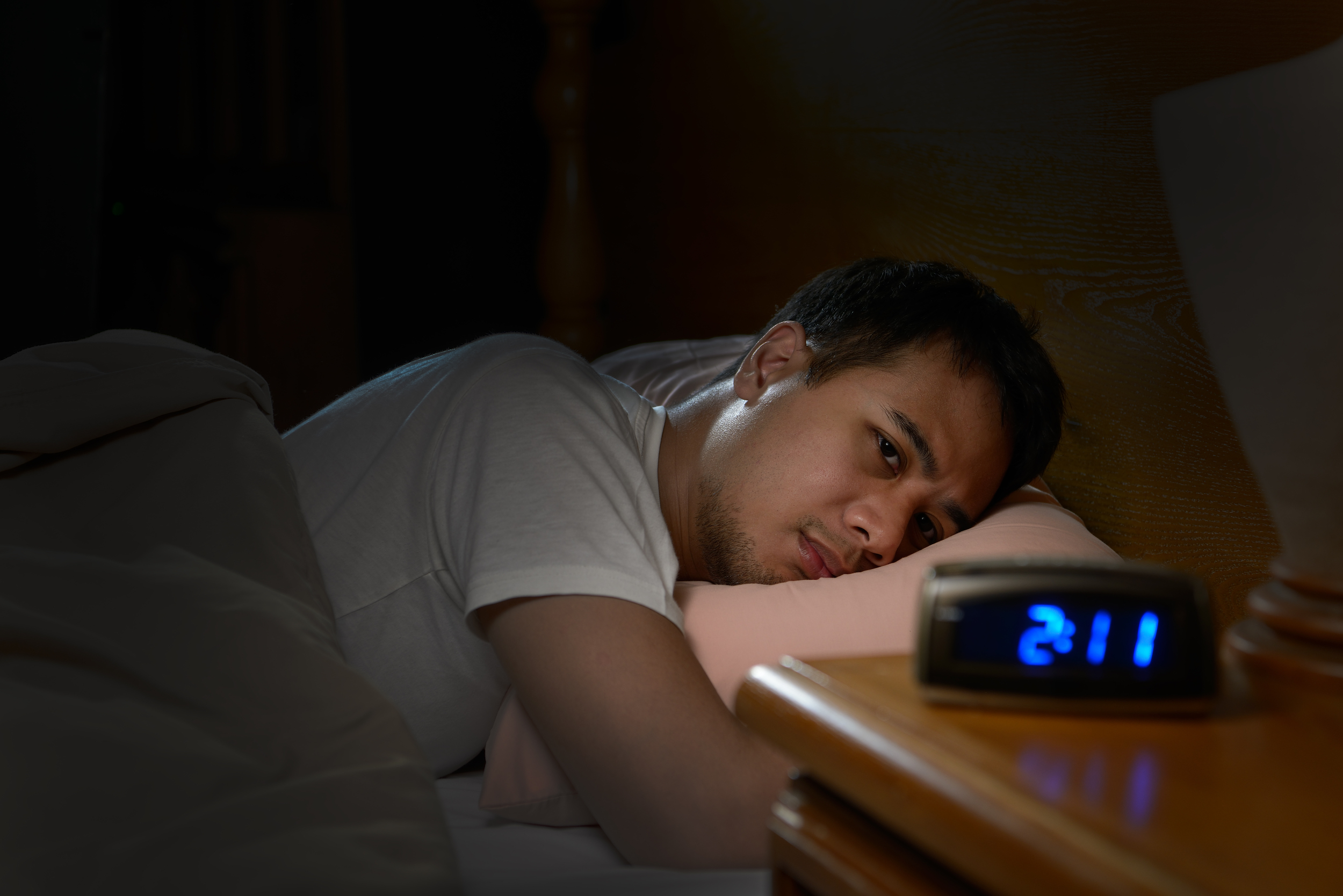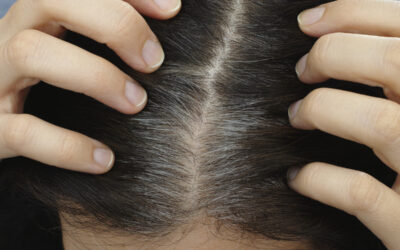A good night’s sleep influences your overall health. Well-rested sleep allows your body to repair and rebuild muscle tissue, relieves stress by lowering your cortisol levels and helps you maintain a healthy body weight by managing the hormones that control hunger and appetite. If you’re finding it hard to sleep, stay asleep, or if you’re only able to sleep for a short amount of time you may be experiencing insomnia, a common problem associated with mental health.
Some of the systems of insomnia include:
- Not feeling well-rested after a night’s sleep
- Tiredness or sleepiness during the day
- Irritability, depression or anxiety
- Difficulty paying attention, focusing on tasks or memory fails
- Increased minor mistakes or accidents
- Anxiety about getting enough sleep keeps you up at night
Experts recommend that adults aged 18-60 years sleep at least 7 hours every night. If you’re experiencing insomnia and not waking up well-rested every morning, read on for a few easy remedies to help you avoid the risk of becoming sleep-deprived, sick and stressed-out.
Make sleep a priority
There’s only 24 hours in a day and so many distractions. Dr. Cedric Strong, chief of medicine for Pali Momi Medical Center and co-founder of Cloudwell Health says prioritizing sleep and creating a routine is key to sleeping better. “Set a bedtime and a wake time and stick to it. About an hour before bed, implement a bedtime routine,” Dr. Strong says. “Start with turning off electronic devices like smartphones.”
Recreate your bedroom into a cool, relaxing and sleep-inviting space. Our bodies rely on circadian rhythms or internal biological processes that regulate our bodies to know when to wake or to sleep. Since our circadian rhythms typically align with the rise and fall of the sun, light and temperature play important roles in preparing our bodies for sleep. If your bedroom is too bright, invest in blackout blinds to reduce light exposure and to lower the room’s ambient temperature. Sleep researchers identified the optimal room temperature between 66-70 degrees Fahrenheit (19-21 degrees Celsius, however everyone’s bodies and needs are different. Experts recommend keeping the bedroom on the cool side at night to help tell your body that it is time to sleep.
Make lifestyle changes
Avoiding caffeinated drinks such as tea, coffee or cola may help you sleep better. Switch to decaffeinated and herbal beverages or stick to only drinking caffeine in the morning.
Chugging down beer, wine and cocktails can also lead to insomnia. “Alcohol disrupts the release of melatonin in your brain,” says Dr. Strong. “Melatonin is the hormone that your brain releases when it wants to go to sleep. As a result, people who drink alcohol tend to wake up after a few hours and have a difficult time going back to sleep. Alcohol also interrupts Rapid Eye Movement (REM) sleep, the deepest, most restorative state of sleep.”
Getting enough physical exercise during the day is also key for relieving stress and tension. It can also help with anxiety too – research published in the the American Journal of Psychiatry in 2017 found just one hour of exercise can improve your mental well-being.
Practice calming activities such as simple restorative yoga stretches to release muscle tension or mindfulness meditation to help clear your mind before bed.
Write a to-do list
“Create a to-do list for the next day before climbing into bed,” said Annie Rohr, Cloudwell Health psychologist. “Recent research has shown that writing a list of tasks will help you mentally unload the worries of the next day, helping to reduce anxiety before winding down before bed.”
Talk to a therapist
Insomnia can aggravate existing mental health conditions such as anxiety or depression and contribute to new disorders. If you are experiencing insomnia and need help breaking the debilitating cycle of sleeplessness, make an appointment to talk with one of Cloudwell Health’s certified therapists and be relieved to finally say goodnight to insomnia.




